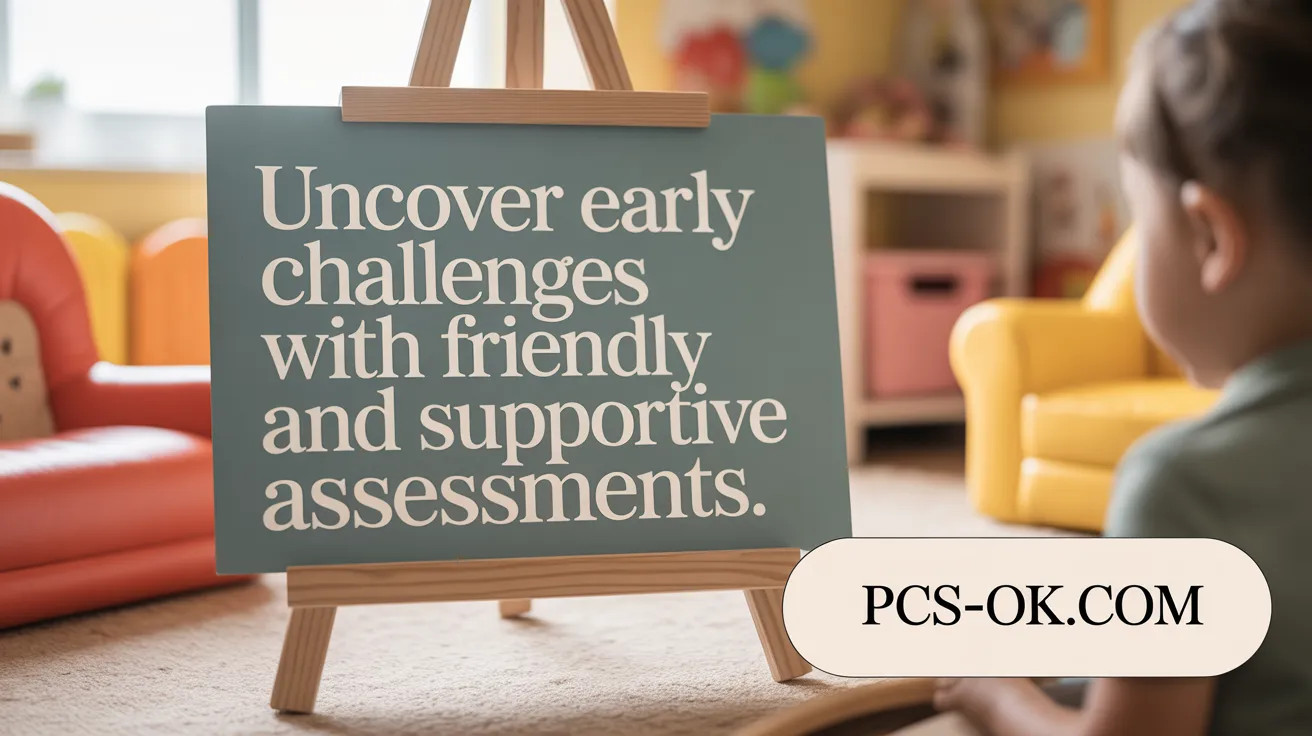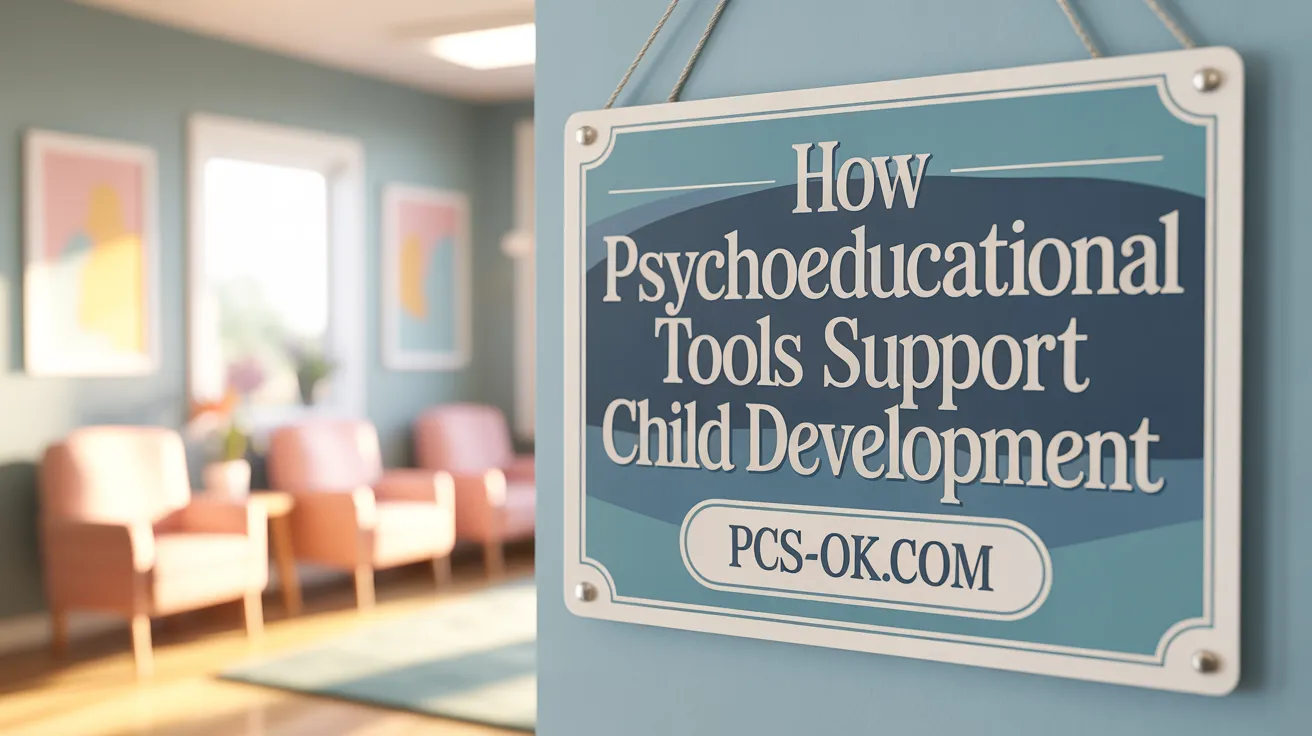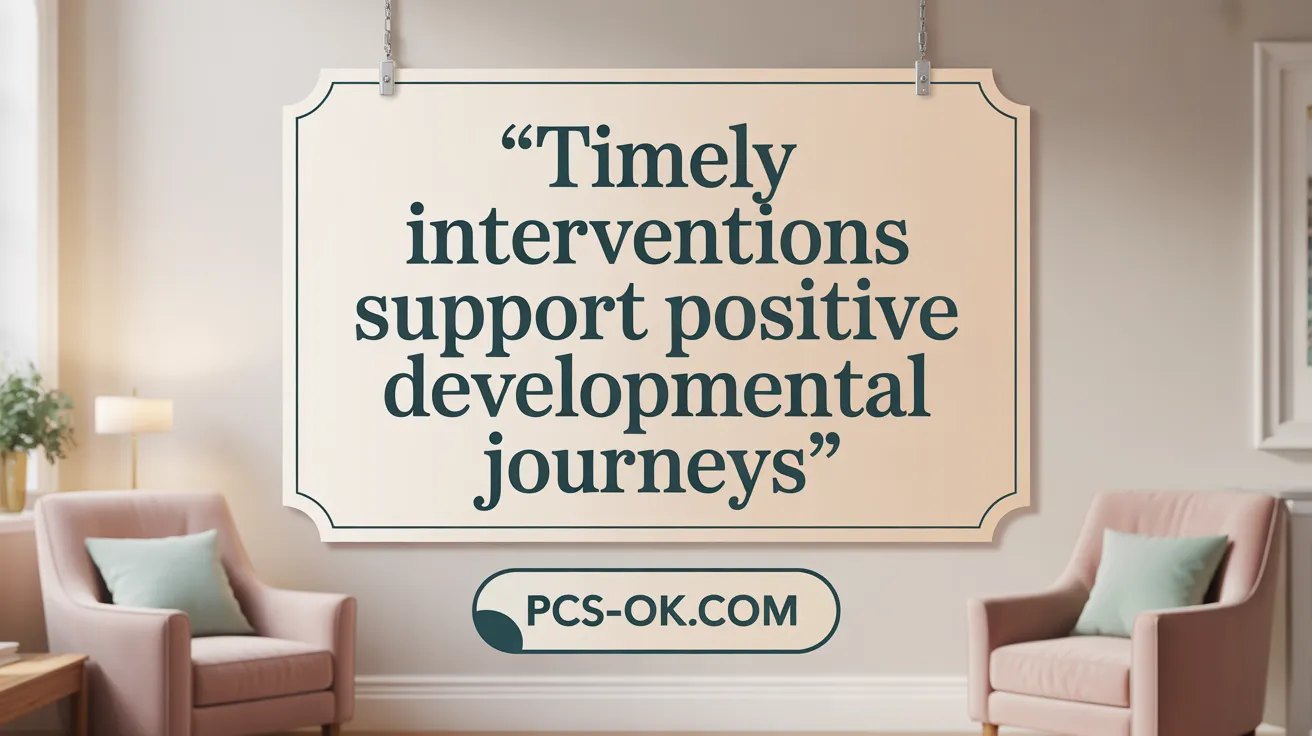The Benefits of Comprehensive Evaluations for Kids
Understanding Comprehensive Evaluations for Children
Comprehensive evaluations are critical tools designed to examine children’s educational, psychological, and developmental needs in depth. These evaluations are more than simple tests; they combine standardized assessments, detailed observations, family and school history, and expert analysis to unveil a clear picture of a child’s strengths and challenges. Understanding what comprehensive evaluations entail and why they are essential can empower parents, educators, and healthcare providers to make informed decisions, leading to timely interventions that support children’s growth and well-being.
What Are Comprehensive Evaluations and Their Importance?

What are comprehensive evaluations for children, and why are they important?
Comprehensive evaluations are in-depth assessments designed to understand a child’s unique learning, emotional, and developmental profile. These assessments go beyond standard testing, involving interviews, behavioral observations, and standardized assessments that measure areas like reading, writing, math, cognition, social skills, and emotional health.
A typical evaluation collects detailed information from multiple sources, including parents, teachers, and the child. It also reviews developmental milestones, medical history, and educational background. This multi-source approach ensures a holistic picture of the child’s strengths and difficulties.
The importance of these evaluations lies in their ability to identify potential learning disabilities, emotional challenges, or developmental delays early on. By pinpointing specific issues—such as problems with receptive language, working memory weaknesses, or social-emotional difficulties—parents and educators can develop targeted interventions.
Early diagnosis through comprehensive assessments allows for timely support, which is crucial because it leverages brain plasticity for better outcomes. The evaluation results also inform personalized education plans, like IEPs or accommodations, tailored to meet each child’s needs.
Moreover, such assessments can uncover underlying factors that exacerbate struggles—like sleep issues or emotional stress—guiding comprehensive support strategies. Overall, they are essential tools for facilitating educational success, emotional well-being, and long-term development in children.
Identifying Neurodevelopmental, Learning, and Social-Emotional Challenges

How do comprehensive assessments help identify neurodevelopmental, learning, and social-emotional challenges in children?
Comprehensive assessments are vital in uncovering the various challenges children face. They involve a combination of standardized tests, clinical observations, interviews, and questionnaires that gather detailed information from parents, teachers, and the children themselves.
These evaluations explore multiple domains such as cognitive abilities, academic skills, language, attention span, executive functioning, and social-emotional health. By analyzing this data, professionals develop thorough profiles of a child’s strengths and difficulties.
An important element is reviewing the child’s developmental and family history, which provides context for current behaviors and skills. This approach helps in early detection of conditions like autism spectrum disorder, attention-deficit/hyperactivity disorder (ADHD), or specific learning disabilities.
Early diagnosis has a significant impact. It enables targeted interventions—such as behavioral therapy, academic accommodations, or social skills training—that address specific needs.
In turn, this personalized support fosters better educational outcomes, emotional well-being, and social development. Regular follow-up assessments can also monitor progress and modify interventions for ongoing success.
Overall, these evaluations serve as a foundation for tailored strategies that support each child’s unique developmental journey.
Role of Psychoeducational and Psychological Assessments in Supporting Development

What is included in psychoeducational and psychological assessments for children and teens, and how do they support development?
Psychoeducational and psychological assessments involve detailed evaluations across multiple areas of a child’s functioning. These assessments incorporate standardized testing of cognitive abilities such as reasoning, memory, and processing speed, alongside academic skills in reading, writing, and math.
In addition, they evaluate emotional health and behavioral patterns through questionnaires, parent and teacher rating forms, and direct observations. Developmental history and clinical interviews are also integral parts of the process. The goal is to uncover reasons behind learning difficulties, attention issues, social-emotional challenges, or developmental delays.
By providing a comprehensive picture, the results enable educators and healthcare providers to design personalized intervention strategies, academic accommodations, and support plans. This collaborative approach helps foster a child’s learning, emotional resilience, and overall development.
Components of psychoeducational assessments
| Component | What it Measures | Purpose |
|---|---|---|
| Cognitive testing | Reasoning, memory, processing speed | Identify intellectual strengths and difficulties |
| Academic skills testing | Reading, writing, math | Detect specific learning disabilities |
| Emotional and behavioral assessments | Mood, social skills, behavior patterns | Understand emotional regulation, attention, and social interaction |
| Developmental and history review | Milestones, medical, family background | Inform contextual understanding of a child’s development |
How results guide interventions and accommodations
Assessment outcomes offer insights that inform tailored educational plans. These can include modifications like extra testing time, organizational supports, or specialized teaching methods. They also enable targeted behavioral or emotional interventions to address specific challenges. When schools receive detailed reports, they can implement effective strategies that directly support the child’s learning and social-emotional well-being.
Collaborative involvement of parents, teachers, and medical providers
A successful evaluation process relies on close collaboration among parents, teachers, school psychologists, and medical professionals. Their combined input during interviews, observation, and review of test results ensures a comprehensive understanding of the child’s needs. This teamwork facilitates the development of personalized plans that promote optimal growth, learning, and emotional health.
Early Identification and Tailored Interventions: Impact on Developmental and Emotional Needs

How do comprehensive evaluations aid in early identification and tailored interventions for children’s developmental and emotional needs?
Comprehensive evaluations are essential tools in detecting developmental and emotional challenges at an early stage. They involve systematic screening methods that assess a child’s performance across various domains, including cognitive ability, motor skills, speech, social-emotional behavior, and adaptive functioning. These assessments incorporate interviews, observations, standardized testing, and inputs from parents and teachers, providing a detailed picture of the child’s strengths and areas requiring support.
Early detection of delays or disorders is possible because these evaluations identify subtle signs that might otherwise go unnoticed until later childhood. Recognizing issues promptly allows parents, educators, and healthcare providers to implement targeted interventions sooner, which is crucial given the brain’s capacity for change during early childhood.
A key factor in successful intervention is neuroplasticity—the brain’s ability to reorganize and form new connections. Interventions such as speech, occupational, or behavioral therapies are more effective when introduced early, harnessing this plasticity to promote functional development. For example, early language therapy can help children with receptive language issues catch up, paving the way for improved communication and social engagement.
Beyond therapy, evaluations also inform personalized educational plans and accommodations. Whether it’s tailored classroom strategies, assistive technologies, or behavioral modifications, interventions are designed to meet each child’s unique developmental profile. This individualized approach ensures that support systems are both effective and relevant.
In the long term, early intervention rooted in comprehensive assessment can significantly improve developmental trajectories. Children are more likely to acquire essential skills, experience fewer behavioral problems, and achieve better social-emotional adjustment. These benefits extend into later life, fostering independence and self-esteem.
By promoting early detection and customized support, comprehensive evaluations lay the foundation for healthier developmental outcomes. They ensure that children receive timely, appropriate resources that cater to their specific needs, ultimately fostering inclusive and equitable growth for all children.
Advantages of Independent Comprehensive Evaluations and Continued Monitoring
How do independent evaluations differ from school evaluations?
Independent assessments are conducted by qualified specialists outside the school system, providing a broader and often more detailed understanding of a child’s learning and emotional needs. While school evaluations are essential, they may sometimes be limited by institutional biases or resources. In contrast, independent evaluations are tailored specifically to the child’s situation and are less influenced by external factors.
Why is objectivity important in assessments?
Objectivity ensures that assessment results accurately reflect a child’s abilities and challenges, free from conflicts of interest. Independent evaluators adhere to strict confidentiality and professional standards, reducing biases that might occur in school-based evaluations. This objectivity helps create trustworthy, unbiased reports that can guide effective interventions.
How does parental involvement and control matter?
Parents play a vital role in independent evaluations. They have the opportunity to choose qualified specialists, participate in the assessment process, and understand the results. This involvement fosters a sense of control and ensures that the child’s unique needs are prioritized. Additionally, parents can advocate for appropriate accommodations and support with the information gathered.
In what ways are these assessments useful in legal and advocacy settings?
Independent assessments serve as reliable evidence during disputes over special education services, testing at school, or eligibility for accommodations. They can support parents’ advocacy efforts, ensure fair treatment, and provide necessary documentation for legal or insurance purposes. These evaluations often carry more weight in legal contexts due to their impartial nature.
Why is ongoing monitoring important?
Children’s developmental and educational needs change over time. Continuous monitoring after initial assessments allows caregivers and professionals to track progress, adjust interventions, and update strategies as needed. Regular follow-ups help optimize long-term outcomes, ensuring that support remains relevant and effective.
| Aspect | School Evaluation | Independent Evaluation | Why It Matters |
|---|---|---|---|
| Conducted by | School staff or contracted professionals | External specialists independent of school | Ensures broader perspective and objectivity |
| Bias influence | Possible due to institutional factors | Minimized due to impartiality | Provides trustworthy results |
| Parental control | Limited involvement | High involvement and choice | Empowers parents and tailored support |
| Usage in legal advocacy | Limited, often internal disputes | Strong, with legal credibility | Supports fair access to resources |
| Monitoring | Occurs sporadically, usually annually | Ongoing, with regular follow-ups | Ensures tailored adjustments over time |
Investing in independent assessments and consistent check-ins can significantly enhance a child’s educational journey, emotional well-being, and developmental progress.
Supporting Children’s Bright Futures with Comprehensive Evaluations
Comprehensive evaluations serve as a cornerstone for understanding and supporting children’s unique educational, developmental, and emotional needs. By unveiling a detailed picture of each child’s strengths and challenges, these assessments facilitate early diagnosis, tailored interventions, and appropriate educational accommodations. Whether conducted independently or within school systems, they promote informed decision-making and empower families and educators alike. Early identification and ongoing monitoring harness the power of brain plasticity and pave the way for better academic outcomes, enhanced emotional health, and stronger relationships. Investing in comprehensive evaluations means investing in a brighter, more inclusive future for every child.
References
- The Purpose of Comprehensive Learning Evaluations
- Why a Comprehensiveness Assessment is Essential for …
- Benefits of a Pediatric Psychological Assessment
- Empowering Parents: The Benefits of Independent …
- 6 Benefits of a Psychoeducational Assessment for Your Child
- Could psychological testing benefit my child?
- Why Psychological Evaluations Are Crucial For Children …
